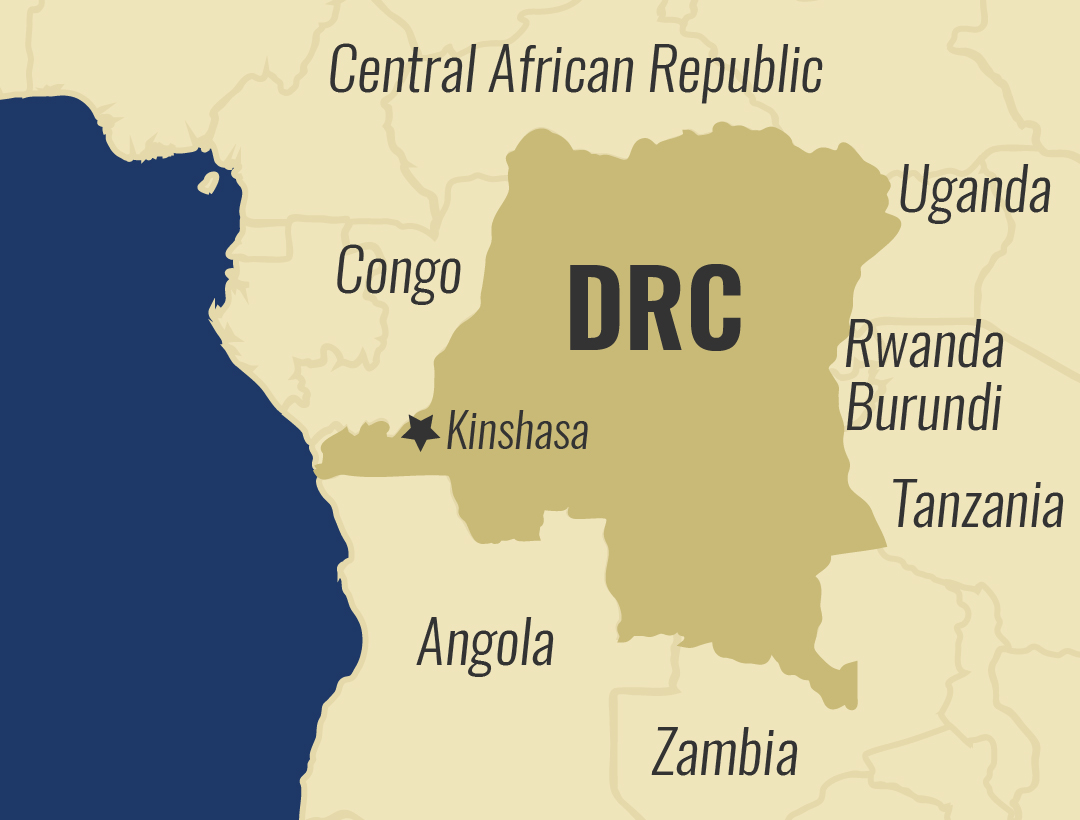Faces of Africa – Mugabe: The Old Man and the Seat of Power, Part 1
Robert Gabriel Mugabe is the Zimbabwe’s former president and the longest serving leader in Africa.
Mugabe was born in 1924 to a Malawian father and a Shona mother in Southern Rhodesia now Zimbabwe. He was raised by his mother a teacher after his father a carpenter abandoned the family in 1934 after the death of his eldest son.
Having being raised a Roman Catholic, Mugabe studied in Jesuits and Marists’ schools.

Fr. O’Hea the principal at the Jesuit high school became a father figure to Mugabe. He encouraged him to go into teaching.
“Fr. O’Hea was an inspiration to him. Robert Mugabe speaks English better than some of the British people, he learnt from Fr. O’Hea,”told Fidelis Mukonori – Mugabe’s family priest.
Mugabe loved reading and as a result he has attained seven degrees. He became a teacher and went to teach in Zambia and Ghana from 1955 to 1960.
While teaching in Ghana he met Sally Hayfron. Sally was a teacher too.
“She was a teacher. We just became friends then I got to know her background. Had good parentage and had been brought up well,” recalled Mugabe.
During his stay in Ghana, he was influenced and particularly inspired by Ghana’s then Prime Minister Kwame Nkrumah and how he led the country into independence. This experience would come in handy when Mugabe returned to his homeland to introduce his fiancée to his family. The country he left had changed and whites dominated.

“It was a hard time for us blacks. There were segregated institutions. We were discriminated in public places. We couldn’t walk the streets of Harare without being harassed,” recalled Rugare Gumbo – former minister, Mugabe’s government.
This did not settle well with Mugabe.
“We are non-racialist in our approach. Everybody must be accorded his full political rights whether he is black or white, educated or uneducated, rich or poor,” Mugabe’s speech in the 1960s.
This provoked Mugabe’s career change from teaching to politics. He started approaching protest crowds and praised Ghana’s Marxist stand that led to the country’s independence.
“I was impressed by his articulation of issues. He’s a very articulate person. I was also impressed by his knowledge on the history of Ghana, how Ghana got its independence” told Rugare Gumbo.Only a few weeks back home, he was elected secretary of the National Democratic Party.

But in 1963, Mugabe, alongside others founded Zimbabwe African National Union (ZANU) party. The party pledged to use any means including violence to achieve independence.
The colonial government felt Mugabe was a radical nationalist and they jailed him for ten years from 1964. While in prison Mugabe stayed busy. He got two law degrees while incarcerated. But still while in prison Mugabe managed to stir events for ZANU party.
Upon his release he led the party and was one of the key negotiators in the 1979 Lancaster House Agreement which led to the creation of a fully democratic Zimbabwe. He was elected prime minister and later president.
For the next one decade after independence, the country’s economy rose to about 11.5% and the Zimbabwean dollar became stronger than the American dollar.

His wife Sally Hayfron was much loved by the citizens and many argue that since she was Mugabe’s closest friend and most trusted adviser, the country was able to remain in good shape up until 1992 when she died.
“You could not compare her (Sally) with anyone in that position. She held it with lots of dignity,” told Didymus Mutasa – former minister in Mugabe’s government.





